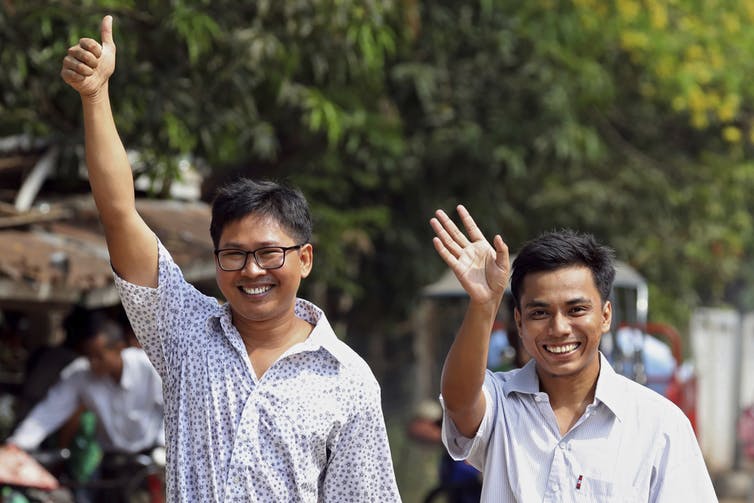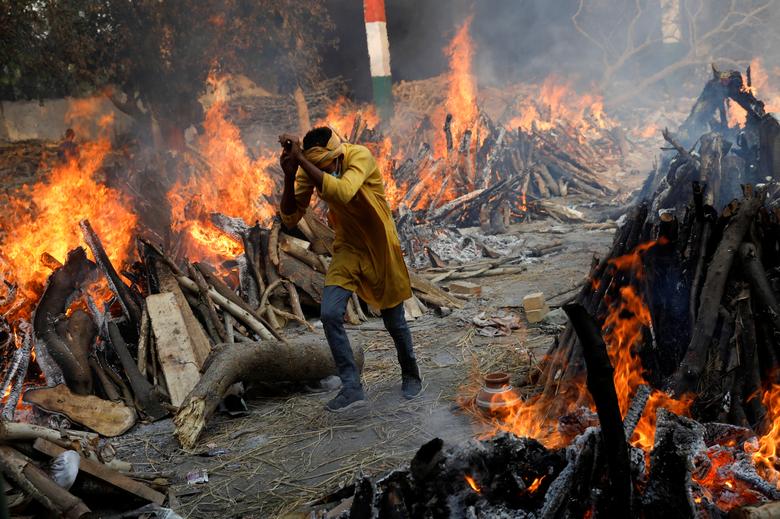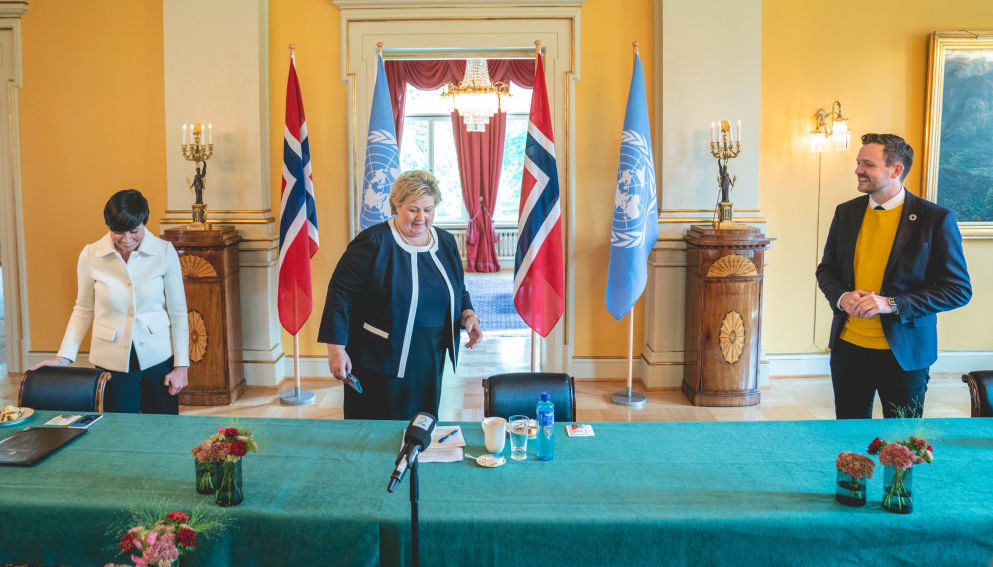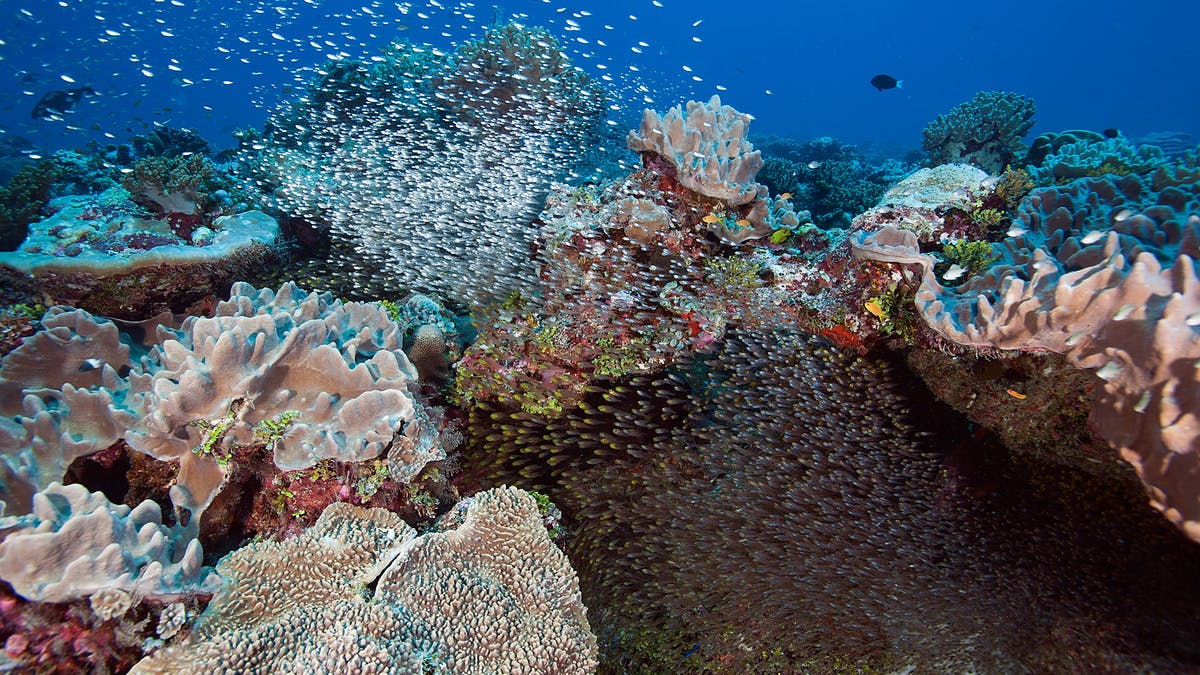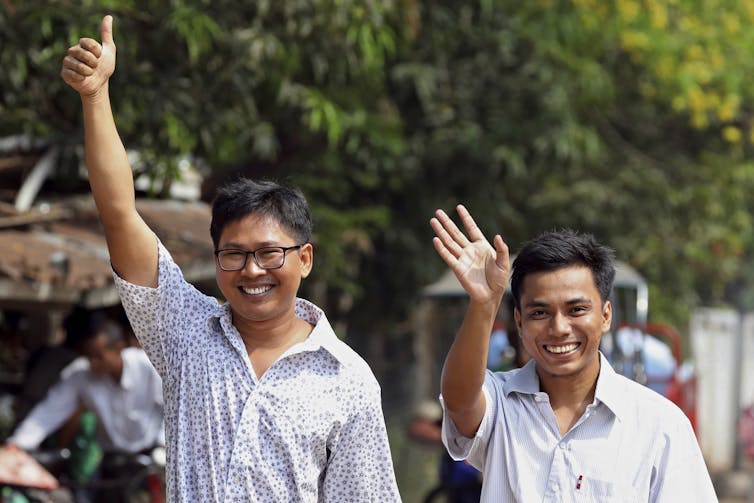
Ann Wang/Pool Photo via AP
Randy Covington, University of South Carolina
Myanmar, nudged by the conscience of the world, recently released two Reuters journalists imprisoned for more than 500 days – good news in what otherwise has been a dismal period for media freedom.
The 2019 Press Freedom Index by Reporters Without Borders shows how hatred of journalists has degenerated into violence and created “an intense climate of fear” worldwide.
According to the Paris-based nonprofit, 12 reporters have been killed so far this year and 172 are in jail. In the last decade, according to the group, 702 journalists have been killed, including 63 last year.
“The number of countries regarded as safe, where journalists can work in complete security, continues to decline, while authoritarian regimes continue to tighten their grip on the media,” the report states.
Myanmar ranks 138th of 180 countries evaluated on media independence, laws, abuses and other factors. Norway, Finland and Sweden are seen as the most free. The U.S. is 48th, dropping three spots since 2018. Eritrea, North Korea and Turkmenistan are at the bottom of the list.
Reporting under authoritarian rule
Many countries in the lower third of the Press Freedom Index are authoritarian regimes in Africa, the Middle East and Asia.
In these places, which have few protections for free speech, media organizations are weak and often depend on the government for advertising. Journalists typically are poorly paid and have little training.
In this environment, reporters who upset the government are at risk.
As head of the University of South Carolina’s Newsplex initiative, I have trained journalists all over the world, many from countries with restrictions on free speech.
I always have been struck by the similarities among journalists, regardless of country. They are curious, they like to help people, and they want their work to have impact.
What is different, though, is the environment in which those journalists work.
In strong democracies like those of Europe, the United States and parts of Latin America, journalists aspire to uncover the facts and to hold the powerful accountable. They are shielded by centuries-old traditions and laws that protect freedom of speech.
In young or weak democracies, there are few if any protections. Journalists are seen by the government and to some extent by society as partners in the country’s development. As in authoritarian countries like China or much of the Middle East, stories that question or embarrass the government are often suppressed.
Journalism under siege in Myanmar
Myanmar is a case study of the tensions between authoritarian regimes and truth-seeking journalists.
Myanmar, formerly known as Burma, was a military dictatorship from 1962 to 2011. While it has begun to move toward democracy, the military retains significant control over this Southeast Asian nation of 53 million.
Myanmar is largely Buddhist and the government has little tolerance for the country’s Muslim minority, called the Rohingya. Since late 2016, the Rohingya have been victims of what the United Nations describes as “ethnic cleansing” by the government.
A 2017 report from Doctors Without Borders, a humanitarian organization, said it is likely that the Myanmar military has killed more than 10,000 Rohingya.
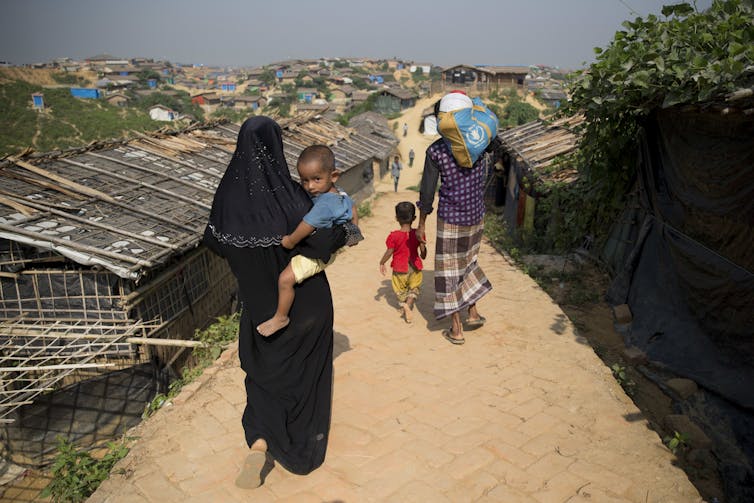
AP Photo/Dar Yasin
The Reuters journalists, Wa Lone and Kyaw Soe Oo, were arrested for investigating the deaths of 10 Rohingya men and boys. Their conviction for violating the Official Secrets Act – a British colonial-era law in Myanmar that treats virtually all government information as confidential – shows how the country attempts to silence criticism.
In 2013 I was at the World Newspaper Congress in Bangkok, where I heard Burmese journalists talk about their hopes and concerns.
The installation of a civilian government in 2011 was a positive sign, and the Myanmar government had recently allowed privately-owned newspapers to operate for the first time in 50 years. Change was coming, and I sensed a spirit of optimism in the air, though it was still not clear who really held power in the country.
The journalists wondered if the limited press freedom they had experienced would continue, and they worried over how to find and train journalists in a country without a history of independent media.
Perhaps most importantly, they asked, how could they convince those in power that society is best served by a free press?
In 2015, hopes for democracy soared with the election of Aung San Suu Kyi – a Nobel Prize-winning democracy activist who spent 15 years under house arrest for opposing the military dictatorship.
Instead, an estimated 800,000 Rohingya Muslims have fled to neighboring Bangladesh since she took office in 2016, and at least 43 journalists have been arrested, according to Human Rights Watch.
Myanmar’s limited democracy
The travails of being a publisher or journalist in a developing country can be seen through the experiences of Dr. Than Htut Aung, and his Eleven Media Group, one of Myanmar’s leading publishers.
At that 2013 World Newspaper Congress, the World Association of Newspapers and News Publishers honored Dr. Aung for his fight against government censorship.
Since then, things haven’t gotten any easier for him or his company. Reporters and senior editors have been charged by the government with defamation, contempt of court and publishing incorrect information, generally for exposing or alleging government corruption and public malfeasance.
In 2016, the government even sued Dr. Aung for a column in which he questioned how a government official got an expensive watch and whether he had ties to shady business figures.
Myanmar’s press crackdown has attracted global attention.
“Rather than punishing investigative reporting that is designed to safeguard the public interest, officials in Myanmar should acknowledge the role of independent media as a necessary support to democratic institutions,” wrote the World Association of Newspapers.
Journalists in countries like Myanmar have little hope if they are working in isolation.
In May, editors from Myanmar and other countries in the region gathered in Singapore to form an Asian chapter of the World Editors Forum, which defends press freedom and promotes editorial excellence. Led by Warren Fernandez, the editor of Singapore’s The Straits Times, the collaboration could lead to training, more professionalism and more legal protections for journalists in Myanmar and neighboring countries.
Beyond the region, worldwide pressure led to the release of Lone and Oo, who were awarded a 2019 Pulitzer Prize for international reporting, a significant honor for two journalists doing their jobs under very difficult circumstances.
[ Deep knowledge, daily. Sign up for The Conversation’s newsletter. ]![]()
Randy Covington, Professor, University of South Carolina
This article is republished from The Conversation under a Creative Commons license. Read the original article.
